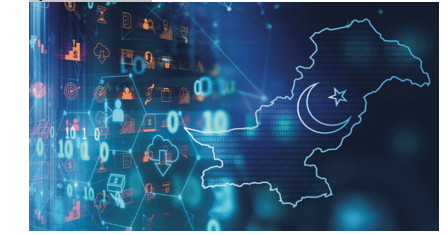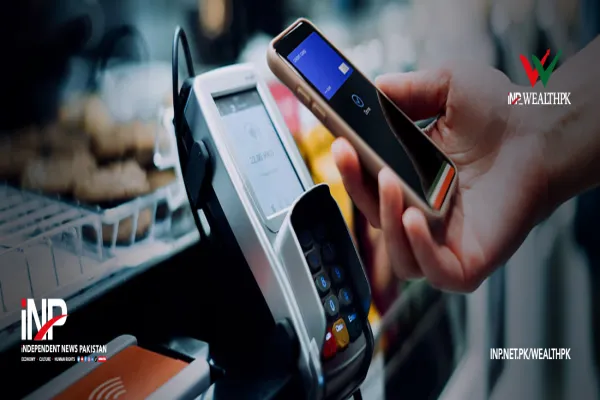i INP-WEALTHPK
Amir Saeed

Financial inclusion continues to face a barrage of challenges in Pakistan despite having promising demographics. Intriguingly, out of the country’s 120 million adults, only 13 percent have a formal bank account, Aatizaz Hussain, Manager Implementation Financial Literacy at the National Institute of Banking and Finance (NIBAF), told WealthPK. He lamented that economic growth and mobility were hampered by the lack of financial infrastructure, particularly for the rural population, which makes up 62% of the adult population. “In this context, women are disproportionately affected, with just 5% of them having a bank account, and 95% of them not being part of the existing financial system. This glaring gender disparity is not just a social issue but also a missed economic opportunity, as empowering women would lead to substantial contributions to the GDP,’’ he said. Aaitizaz pointed out that micro, small, and medium-sized enterprises (MSMEs) face similar challenges.
Of the country's estimated 9 million MSMEs, 53% have access to credit, whereas 47% do not. Lack of credit access hinders innovation and growth of one of the country’s most vital economic sectors. “MSMEs are vital for creating employment and economic diversification, but their potential is severely limited by the shortage of financial resources. Digital finance can bridge this gap, offering personalized financial products that match the particular requirements of these firms, especially in rural areas where traditional banking services are not available.’’ “Digital finance has the potential to significantly increase MSMEs’ funding, spurring expansion and job creation. Furthermore, it would improve the operational efficiency of these businesses and increase their competitiveness in both domestic and foreign markets by facilitating quicker transactions and improved cash flow management,” the NIBAF official said.
Talking to WealthPK, Zeeshan Riaz, Chief Operating Officer of Urtasker, an e-commerce consulting agency, highlighted that fintech platforms and mobile banking were digital finance solutions that could significantly boost financial inclusion. Financial institutions may provide easily accessible and reasonably priced services using mobile technology, which is quickly becoming an established trend in both urban and rural markets. “Digital finance would reach the unbanked people, make banking convenient, and enable safe saving, borrowing, and transactions. Furthermore, it would empower women by giving women independent access to financial resources and empowering them to participate more fully in the economy.’’ He further highlighted that the integration of digital financial services would lead to a more secure credit ecosystem for businesses.
Fintech companies would be able to evaluate the creditworthiness of businesses that might not have official financial records by using alternative data for credit rating. “To fully realize the benefits of a digital finance revolution, coordinated efforts are required from the government, financial institutions, and technology providers. It is crucial to have policies that support consumer rights, promote digital literacy, and provide financial institutions with incentives to support marginalized areas,” Zeeshan suggested. “Additionally, partnerships between the public and private sectors would enable the development of infrastructure that facilitates widespread digital adoption. The country must ensure that everyone is included as it becomes more digital in finance.’’
Credit: INP-WealthPk









